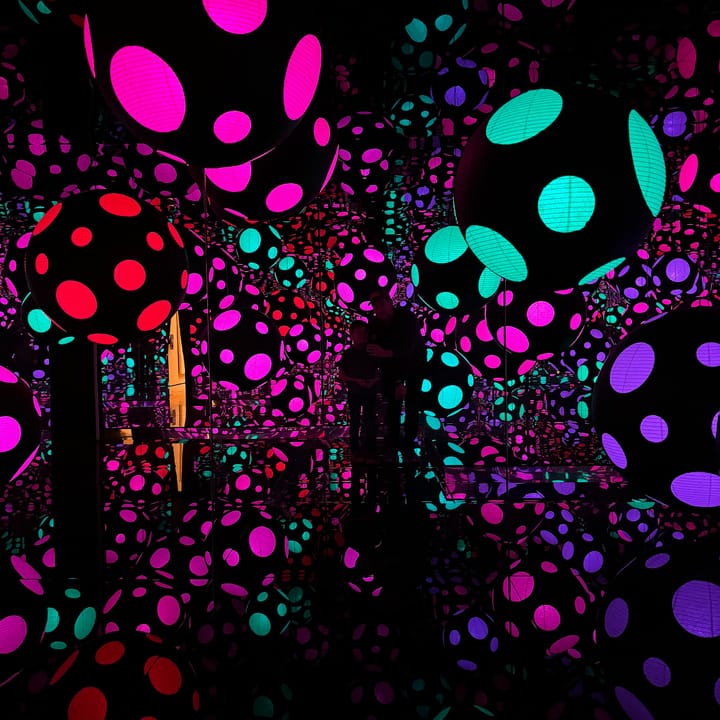Beginning college felt like a big restart for me. I was a newly minted nineteen-year-old, and I was in a new city and institution. I'd never done college before. I'd never done Iowa before. Adulthood was set out before me like a buffet, and the drumbeat of new everything played double-time alongside my private sense of loneliness and insecurity. Trying and retrying things is expected at this stage of life—in part because it feels like you have less to lose. Calculated risks are rewarded because identity shopping is normal. And the social script for the university I attended mostly allowed for this. At that time, people seemed to understand that changing your mind, trying new things, and failing are a part of learning and growing.
Starting stuff when you're older feels harsher. Probably because starting things later in life more clearly requires ending other things. Beginning things is cool, but restarting stuff? Meh. A big switch can reveal the quality of our relational interconnectedness and the terms of our engagements. The announcement of a new venture is publicly applauded in Instagram posts, but changing directions after the first year is tougher because the fanfare is gone. Maybe you've had a change of heart. Perhaps you're responding to market dynamics or the loss of a loved one. Or maybe you're just exhausted. Whatever the case is, some people will grow skeptical or disengage. You are no longer who they knew. And in this, they're partly right.
Flipping directions to someone of a conservative disposition can feel like realizing you've been driving on the wrong highway for several hours. You've wasted so much time, and now you're now faced with backtracking to get back to the same intersection you had already encountered earlier. Every mile you drive on your way back feels like a mile you were wrong about. Of course, blazing a new trail in life doesn't always represent failure, but there is a lingering sense of loss hidden beneath the surface. And so, this is what it feels like, but it's not a pronouncement of reality. The way of Jesus isn't only a directional movement, it's a quality of traveling. How we move is crucial in the Way, and the presence of God means you're never really as lost as you feel.
How we move is crucial in the Way, and the presence of God means you're never really as lost as you feel.
Resolutions
Each January, I see articles and social media posts pushing me away from resolutions. They're probably right to do so. But I still like resolutions because they're a way of telling myself I'm not dead. I think there is something good about how people grope for a fresh start, even if it means failure will be part of the story. Our need for newness is central to the very story of our salvation. There are notes of the Gospel in this wine.
I still like resolutions because they're a way of telling myself I'm not dead.
Inaction or mindless repetition can be especially pernicious, and a life of failure avoidance is the cleverly disguised God of good kids in youth groups. Resolutions are just intersections where we pause to evaluate and plan our route forward. They are opportunities for communion. They aren't an exercise in personal rebranding or a get-out-of-jail-free card. And they shouldn't feel out of character for the Spirit of Christ.
I want to stare hard at every aspect of my life—long enough to remember that it's not mine alone to navigate. I want to meet God in my calendar app and in my plans to exercise. I need more checkpoints, not fewer. I need the sacred rhythm of a thousand sunsets. Sunrise, sabbath, years of jubilee, and festivals. We brush our teeth. We comb our hair. We make a fresh cup of coffee. Each breath is a new start. Inhale. Exhale. And restart.






Comments ()